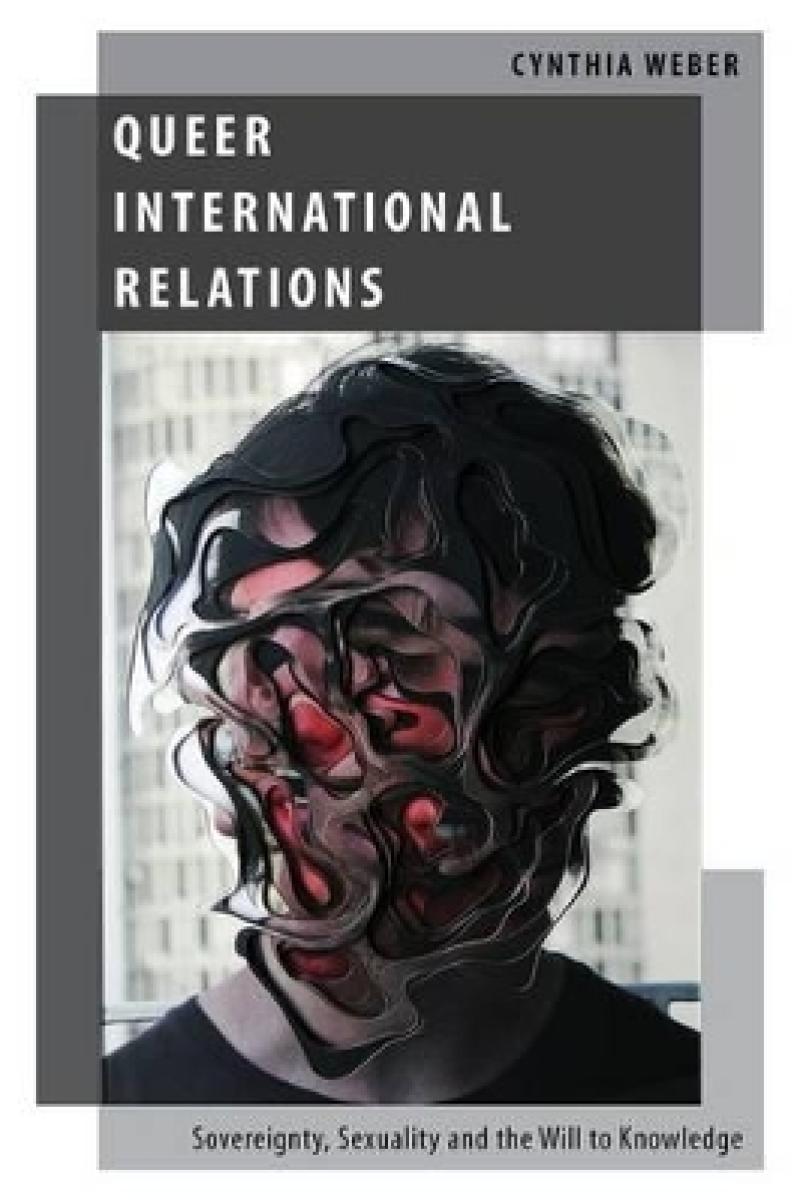Interrogation is the cornerstone of academic work, and Weber did not fail us in that department. Moreover, her sweeping survey of transnational and global queer studies render visible the difference between them and what she is attempting towards: a queer IR (Weber 2014, 596). Such a frame becomes all the more necessary in light of both successful and struggling lgbtq+ movements around the globe.
Jose Monfred C. Sy, University of the Philippines Diliman, Philippine Political Science Journal
Cynthia Weber continues to brilliantly and productively disrupt Disciplinary IR by destabilizing what the field holds most dear - 'the delusion of sovereignty.' This boldly conceived and cogently argued text enriches International Relations and Queer Studies and decisively signals the 'arrival' of Queer IR. It's about time; no other scholar could do it so well.
- V. Spike Peterson, University of Arizona
Such a fascinating book! Cynthia Weber shows us the crooked, messy, anti-normative - and indeed, queer - underpinnings of the field of International Relations in ways never previously imagined. Queer International Relations places ideas about sovereignty, international norms, development, and sexuality onto the agenda unlike every before. I highly recommend this book for students, scholars and practitioners alike. The Field of International Relations will never be the same!
- Amy Lind, Mary Ellen Heintz Professor of Women's, Gender, and Sexuality Studies, University of Cincinnati
Yoking theories of sexuality and sovereignty together, Cynthia Weber's new book boldly demonstrates why disciplinary transgression is well worth the risk. Scholars in International Relations, Queer Studies, American Studies, and Global Cultural Studies will find Queer International Relations a valuable resource for understanding contemporary formations of power.
- Robyn Wiegman, Duke University
This long-overdue investigation of queer studies and international relations uncovers key links between sexuality and sovereignty, power and possibility. From the underdeveloped to the stateless, and from the gay patriot to the deviant terrorist, Queer IR reconsiders an impressive terrain of human rights debates and controversies.
-David L. Eng, University of Pennsylvania
Cynthia Weber offers a theoretically and empirically engaging approach to queer theory that broadens and deepens our understanding of International Relations. Her rich accounts of the figurations of 'the homosexual' require a reconsideration of some of the standard tropes in the discipline. Her thought-provoking analyses will be of use to all scholars in the discipline, regardless of their theoretical and methodological commitments.
- Cameron G. Thies, Arizona State University
In this rich account of why queer theory and IR need each other, Cynthia Weber has given us a powerful statement of what Queer IR might become. This is a great banyan tree of a book that has forced a clearing in the jungle that is IR. Thanks to it, queer IR scholars will no longer have to perform the 'anxious labour' of justifying their place in the academy and can get on with the important work of speaking to and of the world.
- Rahul Rao, SOAS, University of London
Cynthia Weber has nudged, pushed, and lured us all to think more creatively and more candidly about sexuality as a potentially key dynamic shaping political relationships within and between (alleged) nation-states and their officials.
- Cynthia Enloe
Important and imminently teachable.
Paul Amar, International Studies Quarterly
